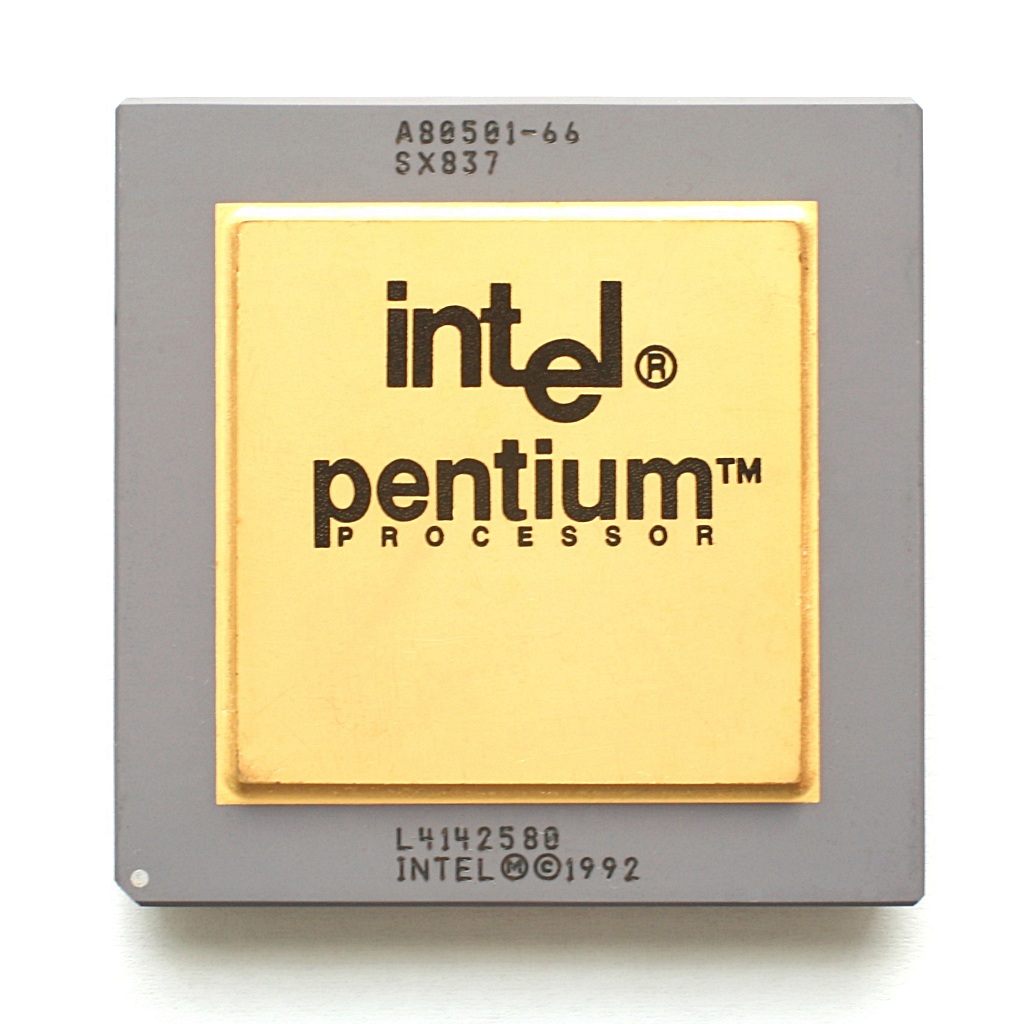Another video discussion from the Institute for Art and Ideas:
CFP: Workshop on Physics and Computation
The 7th International Workshop on Physics and Computation (PC2016) (A satellite workshop to Unconventional Computation & Natural Computation 2016) 11-15 July 2016 …





